“Do not store up for yourselves treasures on earth, where moth and decay destroy, and thieves break in and steal. But store up treasures in heaven, where neither moth nor decay destroys, nor thieves break in and steal. For where your treasure is, there also will your heart be” (Matt. 6:19–21). In our Gospel, Jesus gives us a litmus test for our hearts. If we are focused on the things of heaven, we are on the right track. If we are focused on the things of earth, we are on the wrong path. The other readings focus on service to the Lord and God’s favor toward those who serve Him, showing the results of storing up our treasures in heaven.
In this same vein, St. Paul gives an impressive litany of his accomplishments in today’s First Reading. This may seem strange to those of us who do not know the context. St. Paul felt compelled to defend himself and his ministry when he saw that the Corinthians were ignoring his imperfect speech and weak appearance in favor of “superapostles,” as Paul calls them. But as he gives his résumé, we ought to notice that it is filled with persecution; this is what Paul chooses to glory in.
St. Paul is clearly focused on the things of heaven, and does not care about storing up his treasures on earth so much as maintaining the minimum reputation necessary to continue preaching the Gospel effectively. He does not want to be seen as an eloquent speaker or a charismatic man; he wants to be seen as a genuine apostle of Jesus Christ, even if that means persecution and weakness.
This is a great lesson for us. With St. Paul as our model, we can see at once how “from all their distress God rescues the just” (Ps. 34:7) and yet how those who store up their treasures in heaven have difficult lives. When we make decisions related to the Faith and our spiritual life, do we take this reality into account? We can ultimately expect preservation from evil, but we also expect the spiritual life to be difficult, even lonely, as shown by St. Paul’s experience of suffering without recognition.
Often, we are not living the sort of dramatic life that St. Paul lived, but we still make small yet significant sacrifices in the spiritual life. Caring enough about the things of heaven, and on the other side, putting so little stock in the things of earth, means becoming detached from things that are attractive, alluring, and addicting, but that have little lasting substance. Unfortunately, these things often pull us in the hardest, and we only realize their damaging effect on us when it is too late.
When we prioritize the things of heaven, making a holy hour each week, going to Confession, attending Mass frequently, and regulating our speech and thoughts, we notice that these things are difficult, and they usually mean giving up something that we might rather be doing. But Our Lord and St. Paul show us that it is ultimately in this struggle that we find our glory, and the things of heaven are what really matter.
“No acumulen ustedes tesoros en la tierra, donde la polilla y el moho los destruyen, donde los ladrones perforan las paredes y se los roban. Más bien acumulen tesoros en el cielo, donde ni la polilla ni el moho los destruyen, ni hay ladrones que perforen las paredes y se los roben; porque donde está tu tesoro, ahí también está tu corazón” (Mt 6,19-21). En nuestro Evangelio, Jesús nos da una prueba de fuego para nuestros corazones. Si estamos enfocados en las cosas del cielo, estamos en el camino correcto. Si estamos enfocados en las cosas de la tierra, estamos en el camino equivocado. Las otras lecturas se enfocan en el servicio al Señor y el favor de Dios hacia aquellos que le sirven, mostrando los resultados de acumular nuestros tesoros en el cielo.
En la misma línea, San Pablo da una impresionante letanía de sus logros en la Primera Lectura de hoy. Esto puede parecer extraño para nosotros que no sabemos el contexto. San Pablo se sintió obligado a defenderse a sí mismo y a su ministerio cuando vio que los corintios estaban ignorando su habla imperfecta y su apariencia débil a favor de los “superapóstoles”, como los llama Pablo. Pero al dar su currículum, notamos que está lleno de persecuciones y eso es lo que Pablo elige para gloriarse.
San Pablo está claramente enfocado en las cosas del cielo, y no se preocupa tanto por atesorar sus tesoros en la tierra como por mantener la reputación mínima necesaria para continuar predicando el Evangelio con eficacia. No quiere ser visto como un orador elocuente o un hombre carismático; quiere ser visto como un auténtico apóstol de Jesucristo, aunque eso signifique persecución y debilidad.
Esta es una gran lección para nosotros. Con San Pablo como modelo, podemos ver de inmediato cómo “Dios rescata a los justos de todas sus angustias” (Sal 34, 7) y, sin embargo, cómo aquellos que aprecian sus tesoros en el cielo tienen vidas difíciles. Cuando tomamos decisiones relacionadas con la Fe y nuestra vida espiritual, ¿tomamos en cuenta esta realidad? En última instancia, podemos esperar la preservación del mal, pero también esperamos que la vida espiritual sea difícil, incluso solitaria, como lo demuestra San Pablo al sufrir sin reconocimiento.
A menudo, no estamos viviendo el tipo de vida dramática que vivió San Pablo, pero aun así hacemos pequeños pero significativos sacrificios en la vida espiritual. Preocuparse lo suficiente por las cosas del cielo y, por otro lado, poner tan poco valor en las cosas de la tierra, significa desapegarse de las cosas que son atractivas, seductoras y adictivas, pero que tienen poca sustancia duradera. Desafortunadamente, estas cosas a menudo nos atraen más, y solo nos damos cuenta de su efecto dañino sobre nosotros cuando es demasiado tarde.
Cuando priorizamos las cosas del cielo, haciendo una hora santa cada semana, confesándonos, asistiendo a misa con frecuencia y regulando nuestro habla y pensamientos, notamos que estas cosas son difíciles y generalmente significan renunciar a algo que preferiríamos estar haciendo. Pero Nuestro Señor y San Pablo nos muestran que al final es en esta lucha que encontramos nuestra gloria, y las cosas del cielo son las que realmente importan.
 David Dashiell is a freelance author and editor in Nashville, Tennessee. He has a master’s degree in theology from Franciscan University, and is the editor of the anthology Ever Ancient, Ever New: Why Younger Generations Are Embracing Traditional Catholicism.
David Dashiell is a freelance author and editor in Nashville, Tennessee. He has a master’s degree in theology from Franciscan University, and is the editor of the anthology Ever Ancient, Ever New: Why Younger Generations Are Embracing Traditional Catholicism.
Feature Image Credit: vytas_sdb, cathopic.com/photo/11649-the-desert-in-the-early-morning

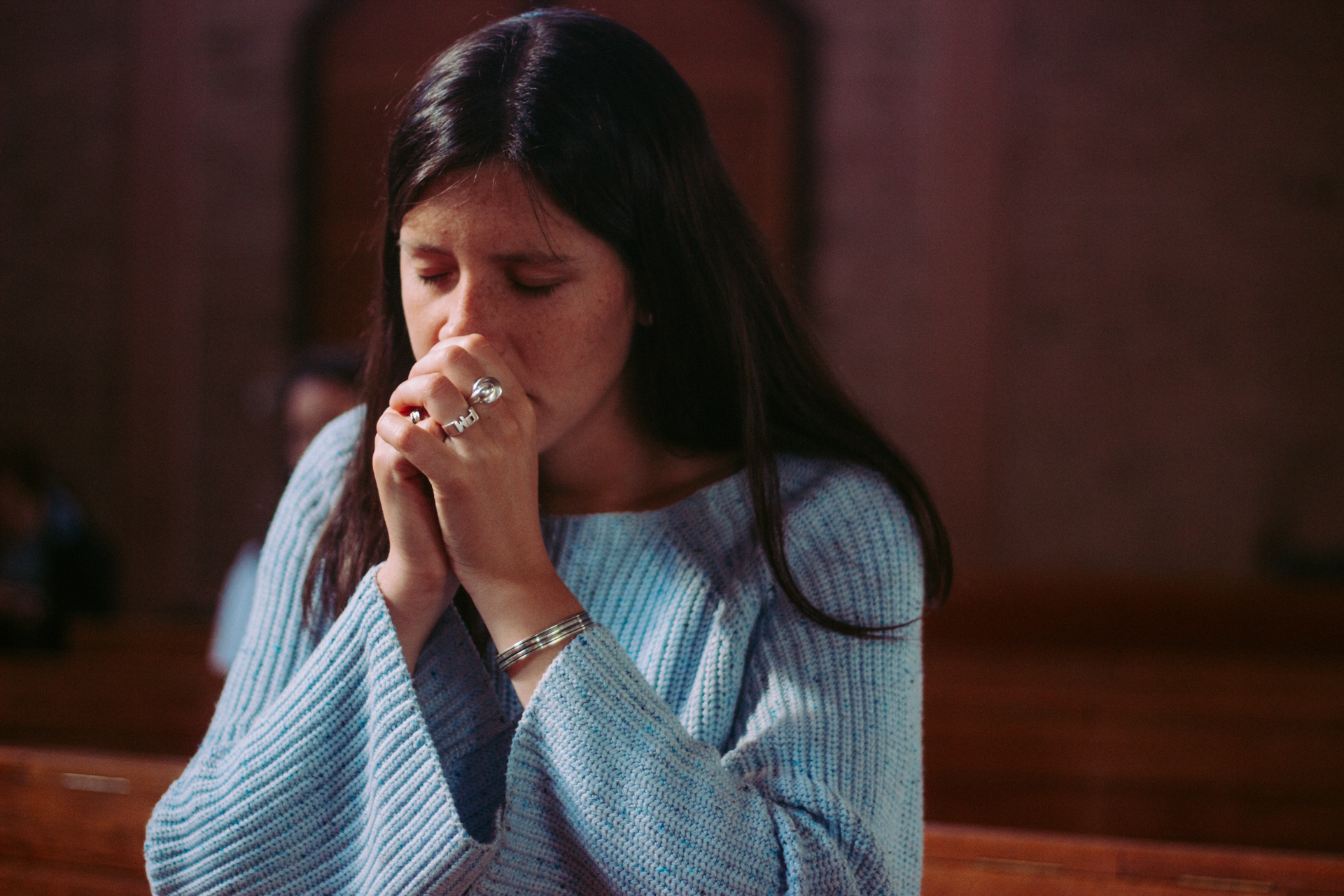
 Allison Gingras (
Allison Gingras ( 
 Kathryn Mulderink, MA, is married to Robert, Station Manager for Holy Family Radio. Together they have seven children (including Father Rob), and seven grandchildren. She is President of the local community of Secular Discalced Carmelites and has published five books and many articles. Over the last 30 years, she has worked as a teacher, headmistress, catechist, Pastoral Associate, and DRE, and as a writer and voice talent for Catholic Radio. Currently, she serves the Church by writing and speaking, and by collaborating with various parishes and to lead others to encounter Christ and engage their faith. Her website is
Kathryn Mulderink, MA, is married to Robert, Station Manager for Holy Family Radio. Together they have seven children (including Father Rob), and seven grandchildren. She is President of the local community of Secular Discalced Carmelites and has published five books and many articles. Over the last 30 years, she has worked as a teacher, headmistress, catechist, Pastoral Associate, and DRE, and as a writer and voice talent for Catholic Radio. Currently, she serves the Church by writing and speaking, and by collaborating with various parishes and to lead others to encounter Christ and engage their faith. Her website is 
 Kate Taliaferro is an Air Force wife and mother. She is blessed to be able to homeschool, bake bread and fold endless piles of laundry. When not planning a school day, writing a blog post or cooking pasta, Kate can be found curled up with a book or working with some kind of fiber craft. Kate blogs at
Kate Taliaferro is an Air Force wife and mother. She is blessed to be able to homeschool, bake bread and fold endless piles of laundry. When not planning a school day, writing a blog post or cooking pasta, Kate can be found curled up with a book or working with some kind of fiber craft. Kate blogs at 
 A lover of Jesus Christ, a wife, and a mother of five, Christine is the author of Everyday Heroism: 28 Daily Reflections on the Little Way of Motherhood. She is a graduate of Franciscan University, an instructor for the Institute for Excellence in Writing, and an experienced catechist. Thrilled to have recently become grandparents, she and her husband currently live in Upstate, NY. Visit her author webpage at
A lover of Jesus Christ, a wife, and a mother of five, Christine is the author of Everyday Heroism: 28 Daily Reflections on the Little Way of Motherhood. She is a graduate of Franciscan University, an instructor for the Institute for Excellence in Writing, and an experienced catechist. Thrilled to have recently become grandparents, she and her husband currently live in Upstate, NY. Visit her author webpage at 
 Dr. Alexis Dallara-Marsh is a board-certified neurologist who practices in Bergen County, NJ. She is a wife to her best friend, Akeem, and a mother of two little ones on Earth and two others in heaven above.
Dr. Alexis Dallara-Marsh is a board-certified neurologist who practices in Bergen County, NJ. She is a wife to her best friend, Akeem, and a mother of two little ones on Earth and two others in heaven above.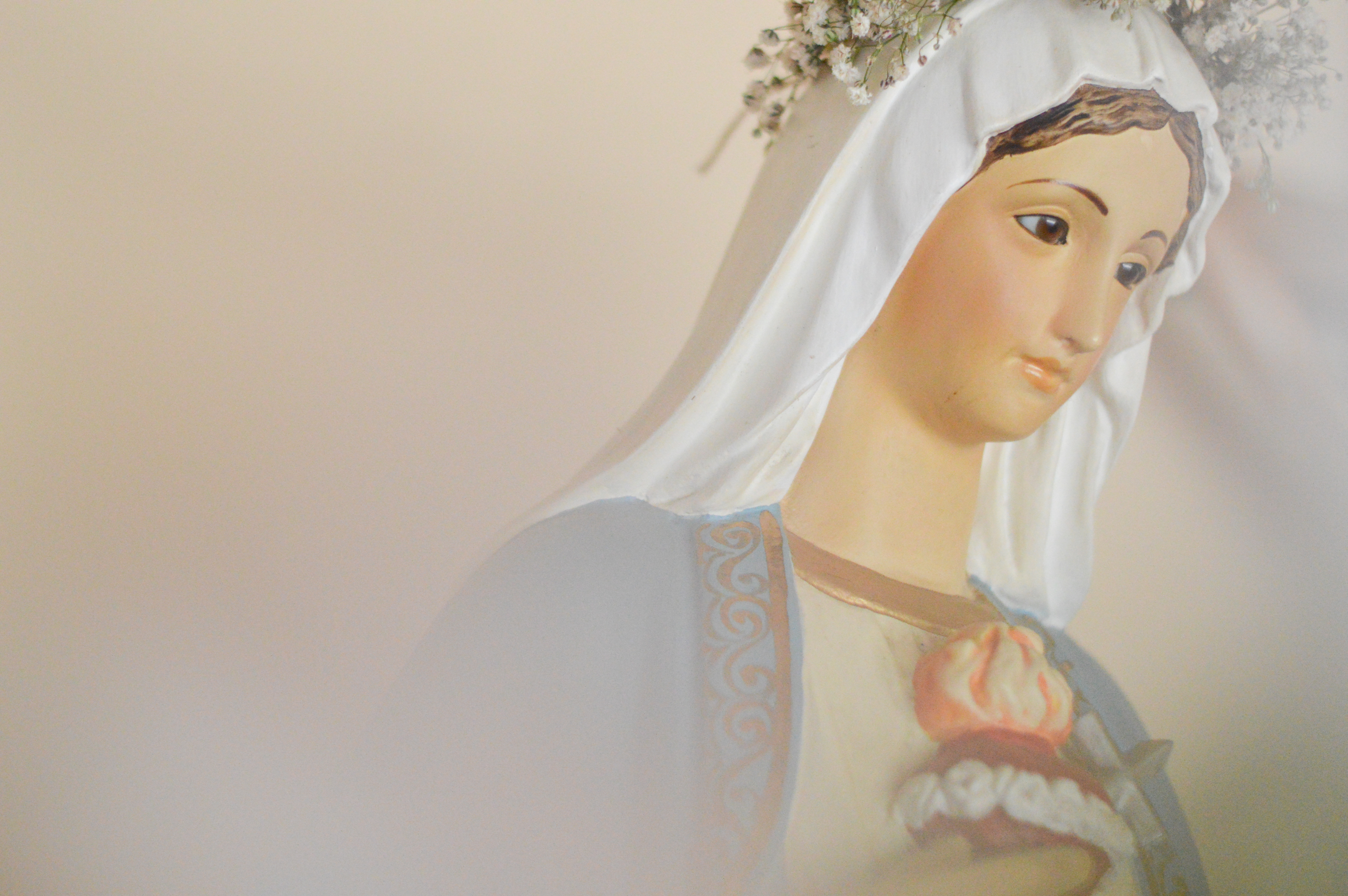
 Mike Karpus is a regular guy. He grew up in Michigan’s Upper Peninsula, graduated from Michigan State University and works as an editor. He is married to a Catholic school principal, raised two daughters who became Catholic school teachers at points in their careers, and now relishes his two grandchildren, including the older one who is fascinated with learning about his faith. He also has served on a Catholic school board, a pastoral council and a parish stewardship committee. He currently is a lector at Mass, a Knight of Columbus, Adult Faith Formation Committee member and a board member of the local Habitat for Humanity organization. But mostly he’s a regular guy.
Mike Karpus is a regular guy. He grew up in Michigan’s Upper Peninsula, graduated from Michigan State University and works as an editor. He is married to a Catholic school principal, raised two daughters who became Catholic school teachers at points in their careers, and now relishes his two grandchildren, including the older one who is fascinated with learning about his faith. He also has served on a Catholic school board, a pastoral council and a parish stewardship committee. He currently is a lector at Mass, a Knight of Columbus, Adult Faith Formation Committee member and a board member of the local Habitat for Humanity organization. But mostly he’s a regular guy.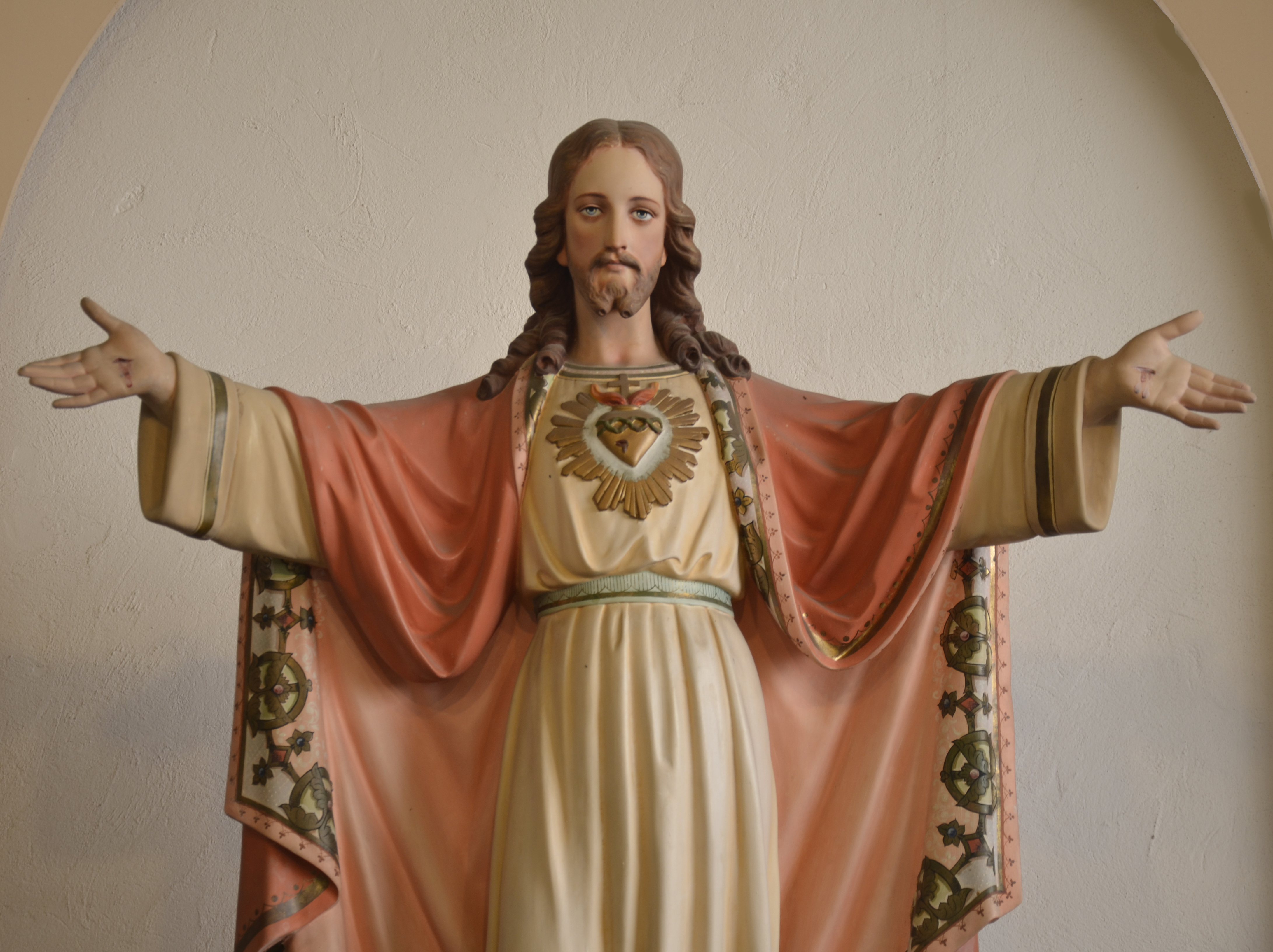
 Emily Jaminet is a Catholic author, speaker, radio personality, wife, and mother of seven children. She earned a bachelor’s degree in mental health and human services from the Franciscan University of Steubenville. She is the co-founder of
Emily Jaminet is a Catholic author, speaker, radio personality, wife, and mother of seven children. She earned a bachelor’s degree in mental health and human services from the Franciscan University of Steubenville. She is the co-founder of 


 J.M. Pallas has had a lifelong love of Scriptures. When she is not busy with her vocation as a wife and mother to her “1 Samuel 1” son, or her vocation as a public health educator, you may find her at her parish women’s bible study, affectionately known as “The Bible Chicks.”
J.M. Pallas has had a lifelong love of Scriptures. When she is not busy with her vocation as a wife and mother to her “1 Samuel 1” son, or her vocation as a public health educator, you may find her at her parish women’s bible study, affectionately known as “The Bible Chicks.”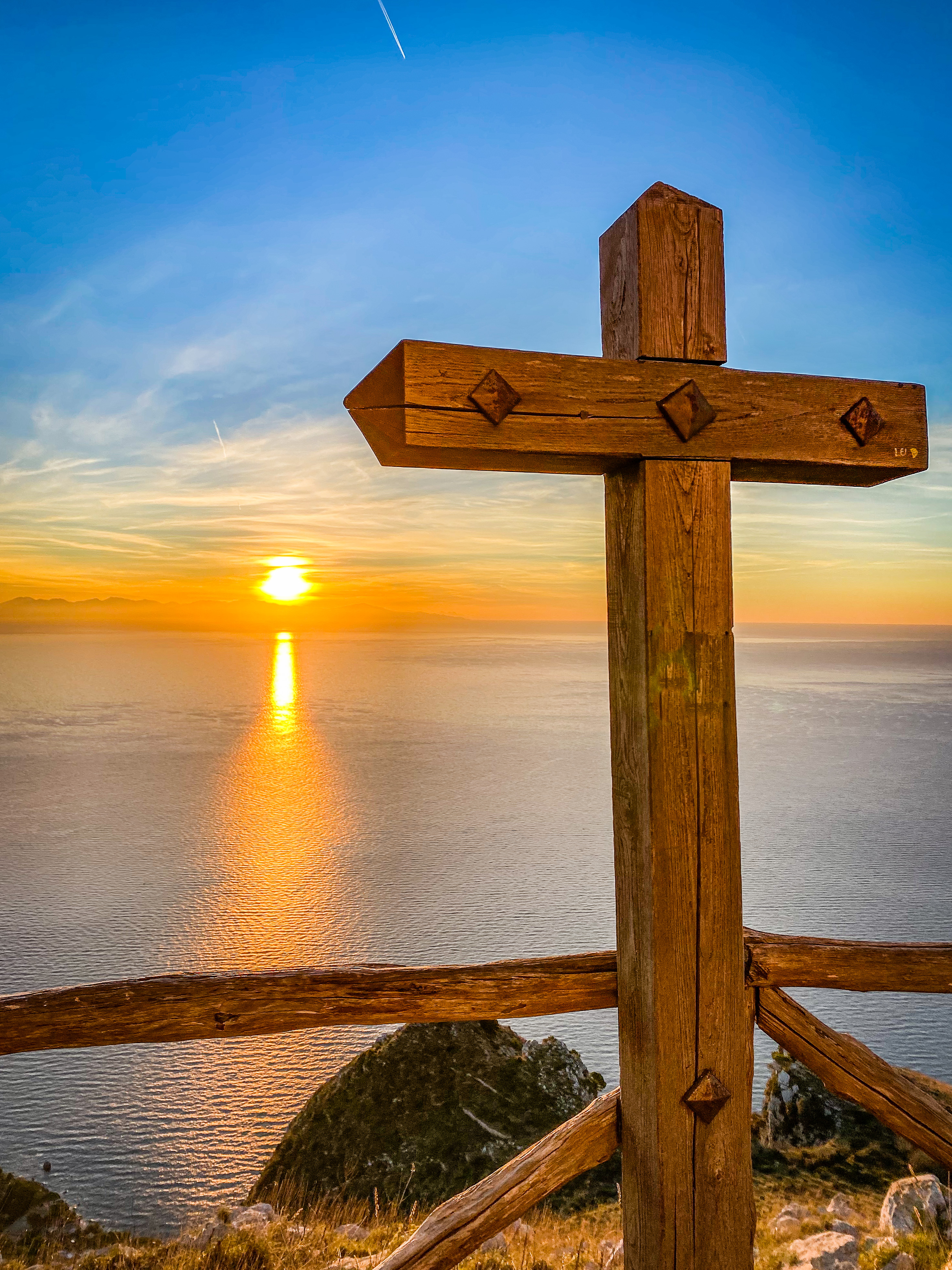
 Dakota lives in Denver, CO with her husband, Ralph, and their two sons, Alfie & Theophilus. She is the Dean of Enrollment Management for Bishop Machebeuf High School where her husband also teaches. You can find Dakota at the zoo or a brewery with her family or with her nose in a book at home. For more of Dakota’s writing check out
Dakota lives in Denver, CO with her husband, Ralph, and their two sons, Alfie & Theophilus. She is the Dean of Enrollment Management for Bishop Machebeuf High School where her husband also teaches. You can find Dakota at the zoo or a brewery with her family or with her nose in a book at home. For more of Dakota’s writing check out 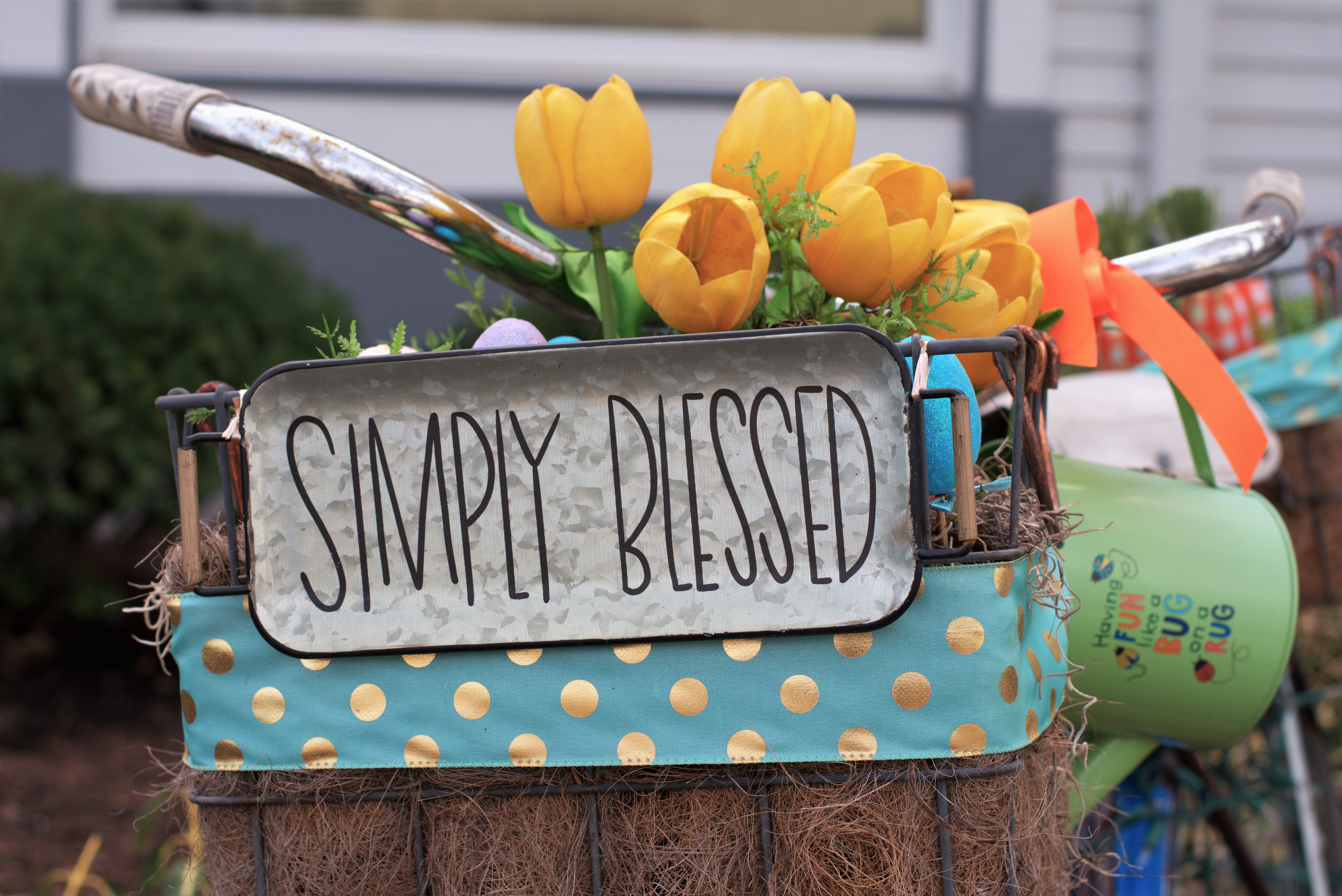
 Elizabeth Tomlin is the author of Joyful Momentum: Building and Sustaining Vibrant Women’s Groups and contributing author to the Ave Prayer Book for Catholic Mothers. She is General Counsel for the Archdiocese for the Military Services, USA. Elizabeth is an Army wife and mother of three and currently lives in the DC area. She blogs at
Elizabeth Tomlin is the author of Joyful Momentum: Building and Sustaining Vibrant Women’s Groups and contributing author to the Ave Prayer Book for Catholic Mothers. She is General Counsel for the Archdiocese for the Military Services, USA. Elizabeth is an Army wife and mother of three and currently lives in the DC area. She blogs at 